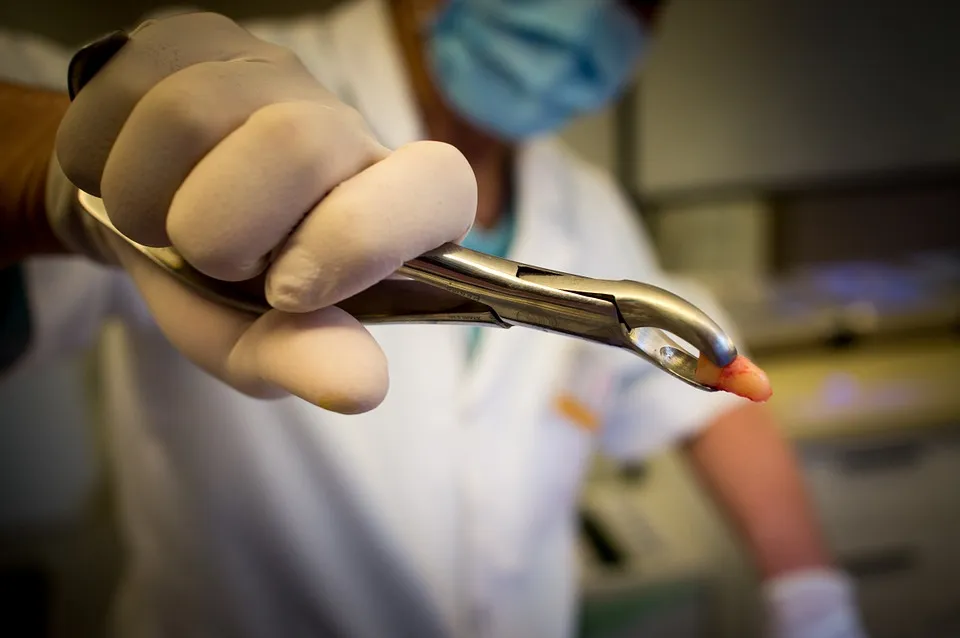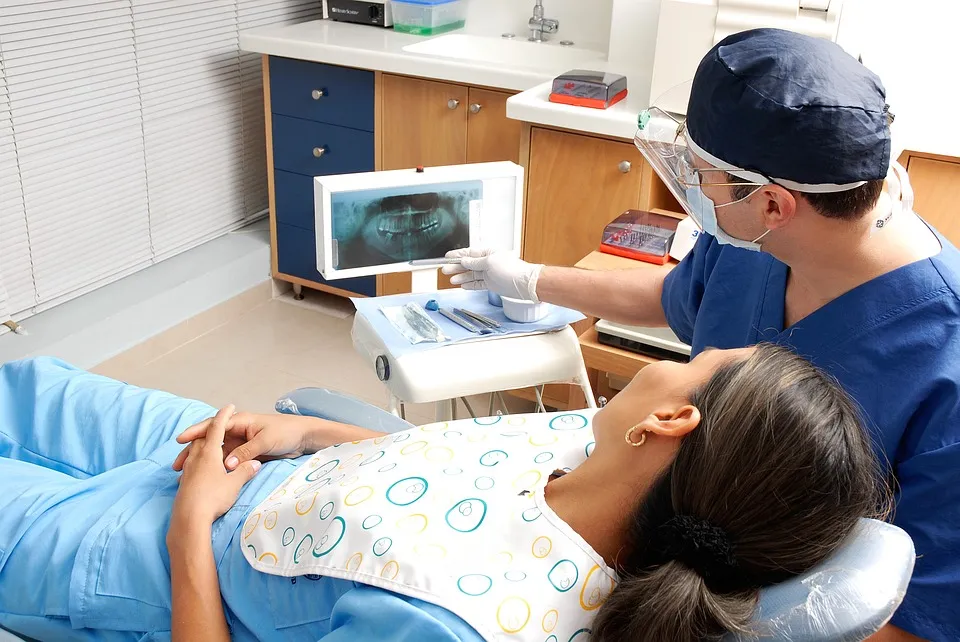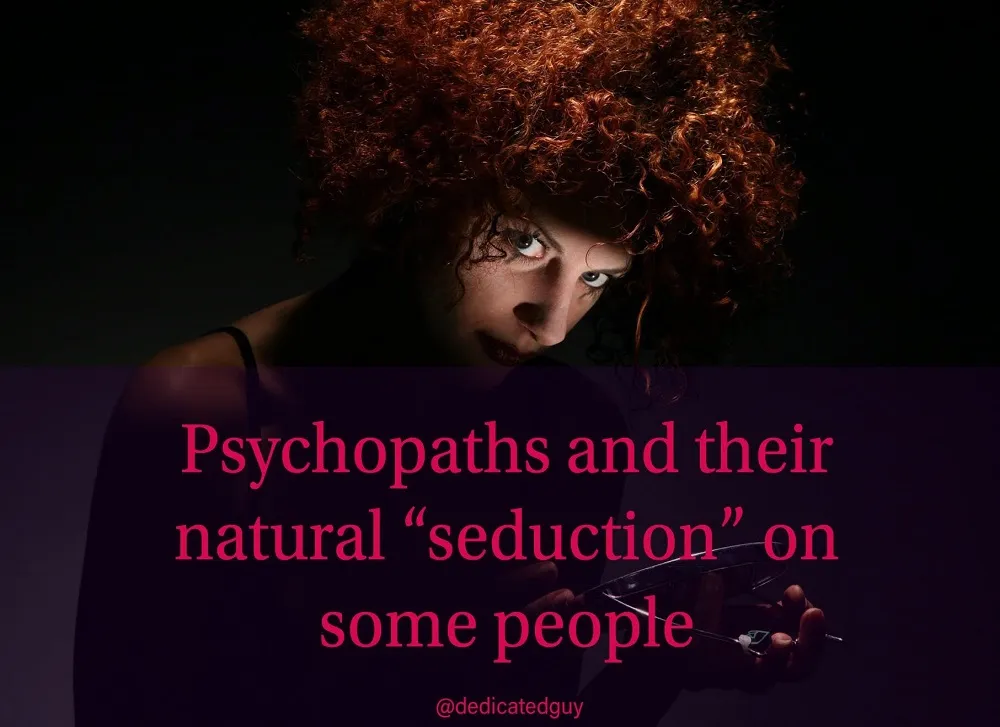

Introduction
In this post we are going to talk about a very more frequent issue in our society and that is the irrational fear of going to the dentist, an issue that can end up causing several serious health complications for the people suffering from this fear.
Imagine we have had some discomfort in our mouth for a long time, the gums bleed, we have been postponing the annual oral cleaning for more than three years and it is about time to finally get it done for health reasons, we think we may be starting to develop some kind of infection, and we know that there is only one way to solve all this and we obviously don’t like it, but we gotta do it either way.

We start to feel considerable panic and try to convince ourselves that it really is not so necessary to go there, and we are willing to keep enduring our bad situation before entering a dentist's office, because that is how strong we fear attending it.
It is fair to say that the majority of people don’t really enjoy giving visits to the dentist. They have a whole repertoire of weird tools that make weird noises. Besides, having someone putting their hands with those tools inside our mouth is not comfortable.

What is this fear all about?
There are many terms used to classify the idea of a dental phobia. It can be known as dental fear, dental anxiety, dentist phobia, odontophobia, or dentophobia. They all mean the same thing: an intense fear of visiting the dentist for dental care. In most cases, people who experience dentophobia do so because of prior traumatic experiences at the dentist. Those experiences can include complications from procedures and painful procedures. The fear can also arise from a bad interaction with a dentist and the way in which the dentist’s attitude was perceived. If an individual received care from a dentist that was uncaring or cold in manner, the experience could result in an increased fear. | Source

We must clarify that it is not the same to talk about the anxiety that we can all feel before going to the dentist (something very common in every one of us including adults) and another different thing is having a considerable fear towards the dentist (dental fear). Whether we like it or not, sometimes going to the dentist is uncomfortable because of the type procedure that they always do, since the mouth is a very sensitive area. It is normal and understandable that in some way our body detects that there is a "danger", and as a consequence the need to "flee" or to "fight" is activated. However, dental fear is something much more severe for the individual who has it, since it reduces their quality of life In a very substantial way.
Besides deterioration of oral health, dental anxiety may impair the health related quality of life, and lead to general anxiety, or to avoidance of social contacts. Therefore, it seems important to reduce the dental anxiety in itself, and not only focus on oral health related problems. | Source
An important difference between a simple state of nervousness and having dental fear will be the frequency in which the individual actively avoids going to the dentist even though doing that visit is badly needed. A very good analogy to understand this is to compare it with the phobia of airplanes. Many people feel anxiety before flying, but they manage to control it and get on the plane without the need for alternative measures. People that have a phobia about flying will avoid as much as they can getting on an airplane, and as long as they can, they will take alternative means transports, even if that objectively harms them by making them lose money or time.
In the case of people with dental fear, they will do everything they can, even extreme measures in order to avoid going to the dentist no matter what, while the person with anxiety will simply face that situation without giving it too much relevance, despite the displeasure that may indeed feel.
People with this fear are afraid, in general, to intense procedures like surgery, tooth extraction, anesthesia or drilling. And this intense panic can lead to increased sensitivity to pain in a similar way to what happen with people afraid of needles and injections, where the probably suffer more from the expectation of pain, than because of the procedure itself.

Some typical symptoms are the following:
- You feel tense or have trouble sleeping the night before a dental exam.
- You get increasingly nervous while you're in the waiting room.
- You feel like crying when you think of going to the dentist. The sight of dental instruments — or of white-coated personnel in the dentist's office — increases your anxiety.
- The thought of a dental visit makes you feel physically ill.
- You panic or have trouble breathing when objects are placed in your mouth during a dental appointment. | Source
They are afraid of suffering pain, and in some cases they are afraid of having a panic attack at the time of intervention. As a result of fear, patients tend to tense muscles, even those of the face. Sometimes there may be a hypersensitivity to the gag reflex, which is defined as “The gag reflex, also known as the pharyngeal reflex or laryngeal spasm, is a contraction of the back of the throat triggered by an object touching the roof of your mouth, the back of your tongue, the area around your tonsils, or the back of your throat. The reflex helps prevent choking, as well as helping to moderate the transition from liquid to solid foods during infancy”. | Source

Why does this fear is so common?
In general, when it comes to any phobia, such as the case with dental fear which is the phobia towards dentist, they are caused by certain vulnerabilities the person has and the psychological vulnerabilities are the ones with the stronger impact in this case.

This vulnerability would be related to a explicit negative experience, that can condition future reactions when facing similar circumstances. More specifically, it would be the typical situation when there is a person who suffered a bad experience in the dentist and from then on, that bad experience starts to condition the image of the dentist with something negative like pain and fear, it can also start to develop negative reactions to certain characteristic of the situation in question, like the typical white coat that dentist use, or the smell of their materials and the sound of their tools.
Logically, the intensity and recurrence of these negative interactions (feeling that every time we go to the dentist we have a very undesirable or negative experience) and an infrequent exposure to the situation after the first negative experience (to reduce more and more the frequency with which we go to the dentist for the aversion and fear that it generates in us) are the most important factors for the development of this specific fear.
Luckily, nowadays these dental procedures are less stressful and painful than a few years ago, which is of course the result of technological innovation and the use of better tools.

Conclusion
It is natural for a brain to adopt certain mechanism to somehow force us into avoiding circumstances that can be potentially dangerous for us. Since we aren’t perfect, sometimes our mind perceives normal situations as something that is extremely risky, and that can make us act in ways that are hardly justifiable, but still, difficult to control.
If the health of a person is being considerable affected by one of these irrational fears, he will eventually need to face and confront that fear, which is in theory, something easy to do.
In order to overcome this fear, it can be useful to start with watching videos about dentists and try to imagine the encounter, and then to continue with the real life encounter after the person is well prepared for it, and have a light session with something easy like a teeth cleaning and nothing more.

During the encounter with the dentist, in the case the fear in question is extreme, it is important that the person feels that he has the possibility of controlling the feared situation through signals previously agreed with the dentist, like deciding when to stop if everything gets too tense. It is also important that there is a high level of predictability, that is, that the person controls the situation and knows what is going to happen at all times, because this way he might feel safe and therefore, be able to continue and complete the procedure.
Obviously, it is better for the person with the fear to choose a dentist who he trusts and have special empathy towards the difficult situation that he is going through, because surely this is a condition that will require patience and special consideration.
And in the particular case with this type of fear, it is imperative to overcoming it as soon as possible, because the longer this problem is left unattended the difficult it would be, and unlike the fear of spiders or snakes which are pretty irrelevant for most part of our lives (unless we live in places with a lot of those animals) the fear of dentists as was already mentioned, will eventually become a complication to have a good live.
Do you have an irrational fear? If so, what do you think was the cause of it?
References
Psychological treatment of dental anxiety among adults
Images sources
All images are from pixabay and pexels

If these titles sound interesting to you, I assure you the articles will be even better!


Psychopaths and their natural “seduction” on some people |

Today’s lesson: What is Gamification all about? |

Why do lazy students tend to end up being more successful? |
